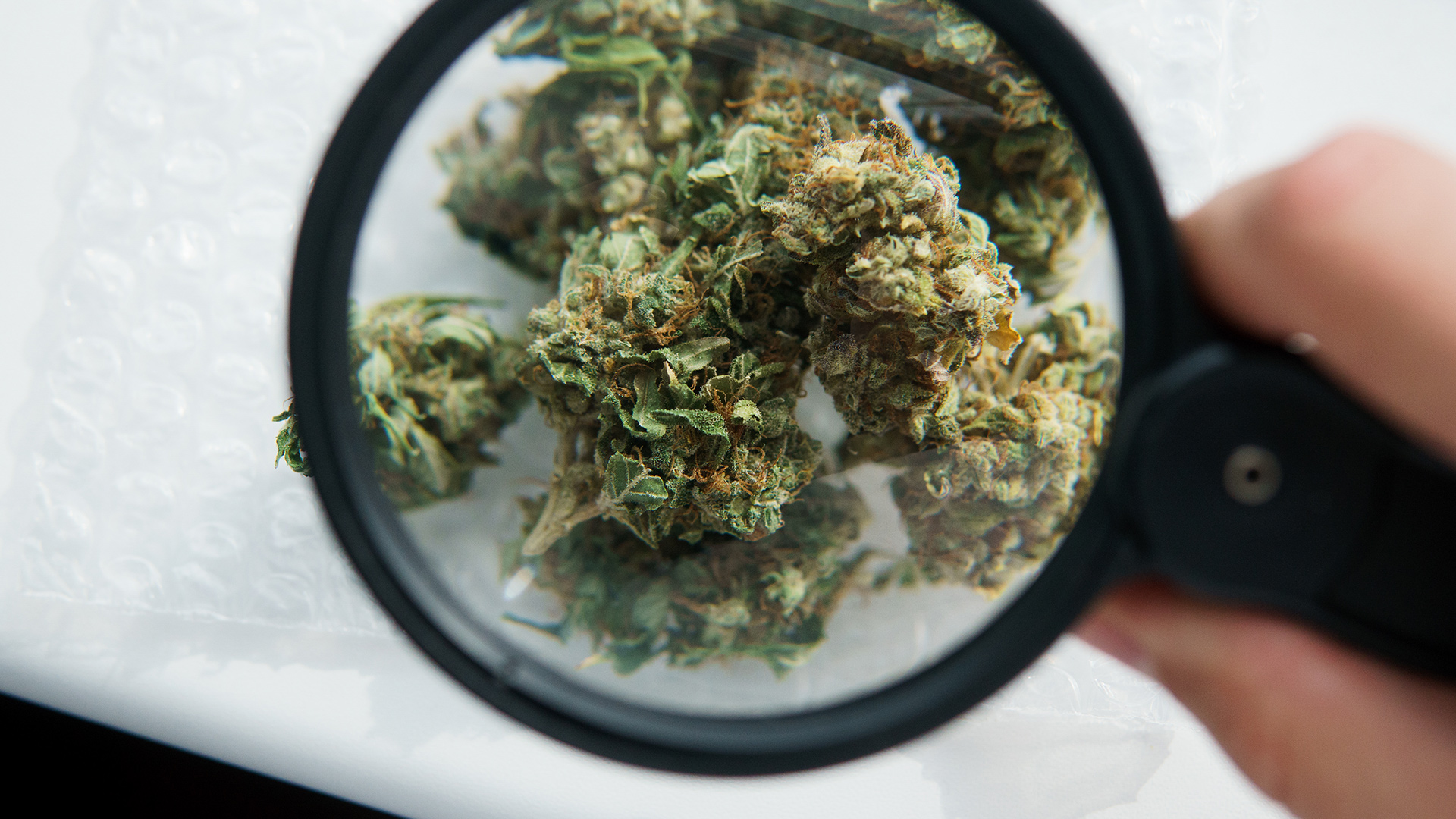
Publication
ESG and internal investigations: New compliance challenges
AsESG concerns have come to the forefront in different jurisdictions, the scope of these inquiries is expanding in kind.


Mondial | Publication | mai 2020
Cannabis and the majority of its derivative substances are controlled drugs in the UK, and their use remains illegal subject to some exceptions. Since November 2018 doctors in the UK have been able to prescribe certain cannabis-based products for medicinal use, but access is still limited because the key UK healthcare provider and regulator consider that the risks of most cannabis-based medicines are too high and benefits insufficiently clear.
Companies wishing to possess, manufacture, import or export cannabis-based medicinal products require a license from the UK Home Office unless a strictly limited exemption applies.
UK would be investors in overseas legal medical or recreational cannabis also face potential difficulties because UK anti-money laundering legislation means investors in overseas cannabis business could be committing technical money laundering offences.
Cannabis and the majority of its derivative substances (cannabinoids) are Class B controlled drugs in the UK under the Misuse of Drugs Act 1971. It remains a serious offense in the UK to possess, supply, produce, import or export cannabis except under a Home Office license. The licensing regime that applies to cannabis-related products is complex and specialist advice should be sought in relation to detailed requirements.
In relation to medicinal use, in November 2018, the Misuse of Drugs (Amendments) (Cannabis and License Fees) (England, Wales and Scotland) Regulations 2018 (the 2018 Regulations), came into force allowing certain cannabis-based products for medicinal use (CBPMs) to be prescribed more easily.
However, there is a relative lack of evidence available to medical professionals regarding the benefits of CBPMs and concerns regarding the risks persist. Guidance to doctors from the National Institute for Health and Care Excellence (Nice) and the National Health Service (NHS) (which writes nearly all prescriptions in the UK) does not appear to have encouraged them to prescribe CBPMs and the impact of the legislative changes allowing prescription therefore appears to have been limited.
The application of exemptions that may apply to certain products under the licensing regime requires consideration of highly technical criteria including in relation to the level of cannabinoid present in any component of the product; (the extent to which the product contains only pure cannabidiol (CBD) (which is not a controlled substance in the UK) and the tetrahydrocannabinol (THC) content). In addition, since January 2019, all cannabinoids are classified as a “novel food” for the purposes of the EU Novel Food Catalogue. Although this classification is not binding on the UK Food Standards Agency (FSA), it has been accepted by the FSA.
Against this complex legal and regulatory background, would-be investors in overseas legal, medical or recreational cannabis may be deterred by the possibility that investing in or transacting with overseas cannabis companies could require reports to the relevant authorities and/or constitute a criminal offence in the UK.
The UK Proceeds of Crime Act 2002 deems that proceeds of conduct that would be illegal in the UK (even if legal overseas) may be considered proceeds of crime. This means that investing in cannabis related activities taking place in jurisdictions where such activities are legal (e.g. Canada) nevertheless could involve proceeds of crime from a UK perspective. Similarly providing financing, insurance, banking services or entering into derivative contracts based on legal overseas cannabis investment could all involve proceeds of crime from a UK perspective.
An overseas conduct exemption (commonly known as the ‘Spanish Bullfighter’ exception) provides a carve-out where the overseas conduct would result in a maximum custodial sentence of 12 months or less should it occur in the UK. This does not apply to conduct involving cannabis: the maximum sentence in the UK for supplying or being concerned in the production of cannabis is 14 years.
Despite recent calls for guidance from authorities on their position in relation to dealing with legal overseas cannabis related business, no official guidance is currently available and investors should proceed with caution.
A recent report by the UK Law Commission recommended that “the Government considers the scope of the overseas conduct exception, and the need for guidance in relation to transactions involving the legal cannabis industry”. There is currently a lack of consensus as to the potential risks of UK anti-money laundering legislation in relation to investing in cannabis. Some UK financial institutions, for example, Lloyds of London, have publicly confirmed their involvement in the global legal cannabis industry, whilst others are taking a more conservative approach.
Whilst the UK regime for medicinal cannabis is developing slowly, medical recognition of the cost-benefit case for medicinal cannabis is still in its infancy.
A medical cannabis study announced in November will trial medical cannabis on up to 20,000 patients in the UK over a two-year period, aiming to persuade the NHS to amend its guidance and increase the likelihood of doctors prescribing CBPMs for a number of conditions.
In the meantime, investors and others viewing the growth of the industry overseas and considering involvement in relevant transactions face uncertainty and potential risks which may create a barrier to entry. Their concerns might be alleviated by guidance from UK authorities on potential money-laundering offenses arising in connection with overseas legal cannabis.

Publication
AsESG concerns have come to the forefront in different jurisdictions, the scope of these inquiries is expanding in kind.
Publication
L’Union Européenne l’avait annoncé , le législateur français l’a fait : le 20 février 2025, l'Assemblée Nationale a adopté définitivement la proposition de loi restreignant la fabrication et la vente de produits contenant des PFAS2, que l’on surnomme les « polluants éternels ».
Subscribe and stay up to date with the latest legal news, information and events . . .
© Norton Rose Fulbright LLP 2025